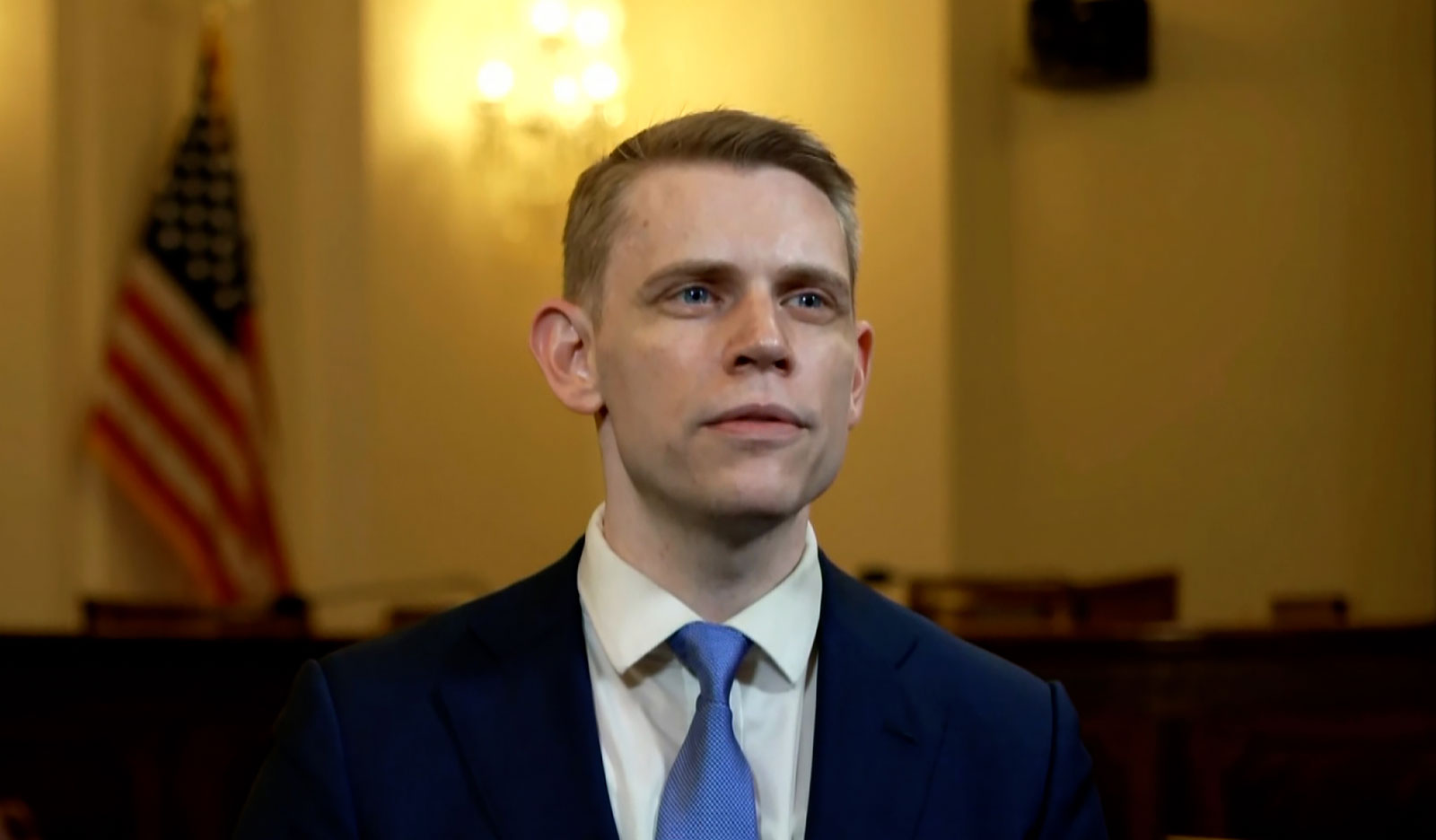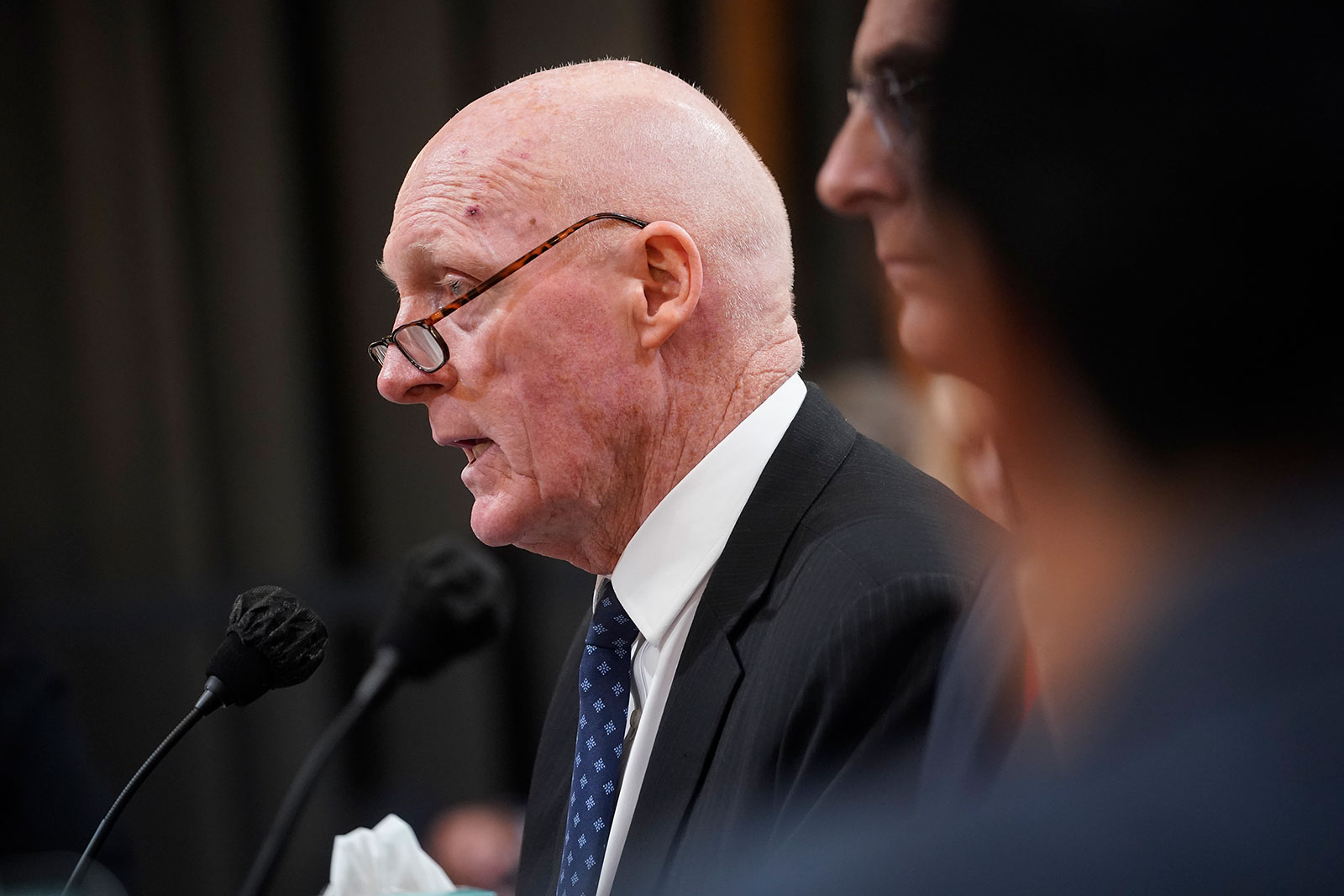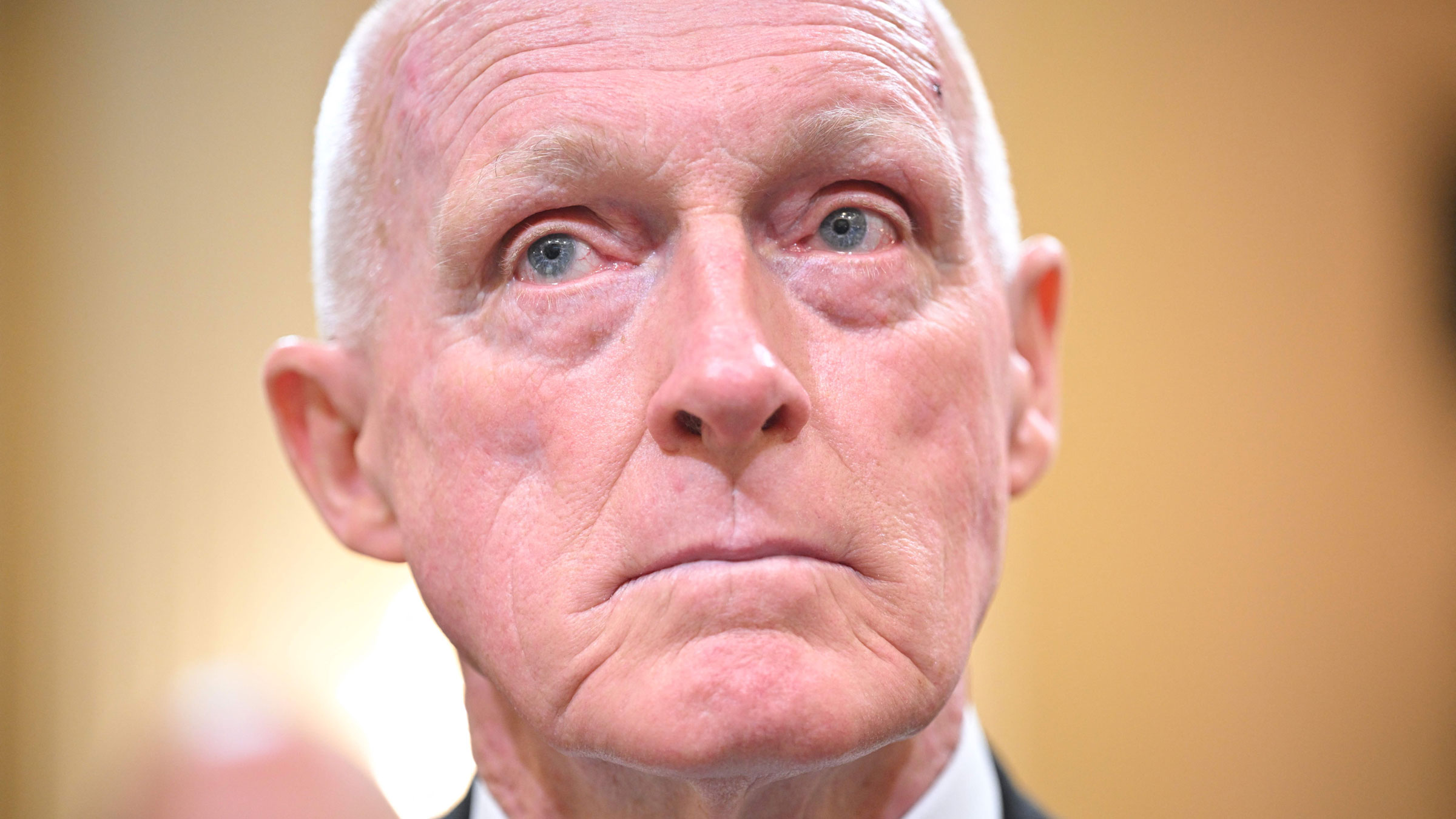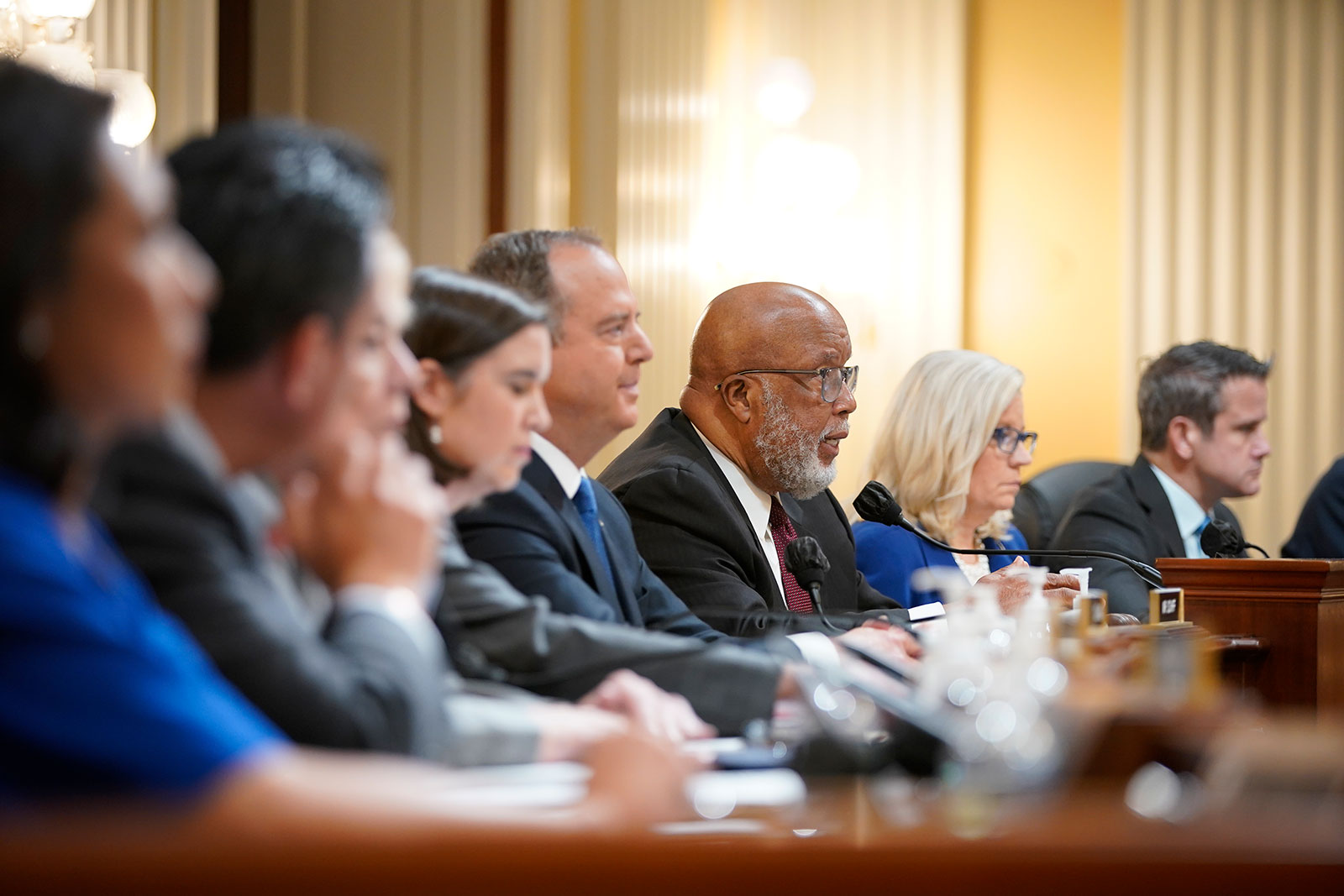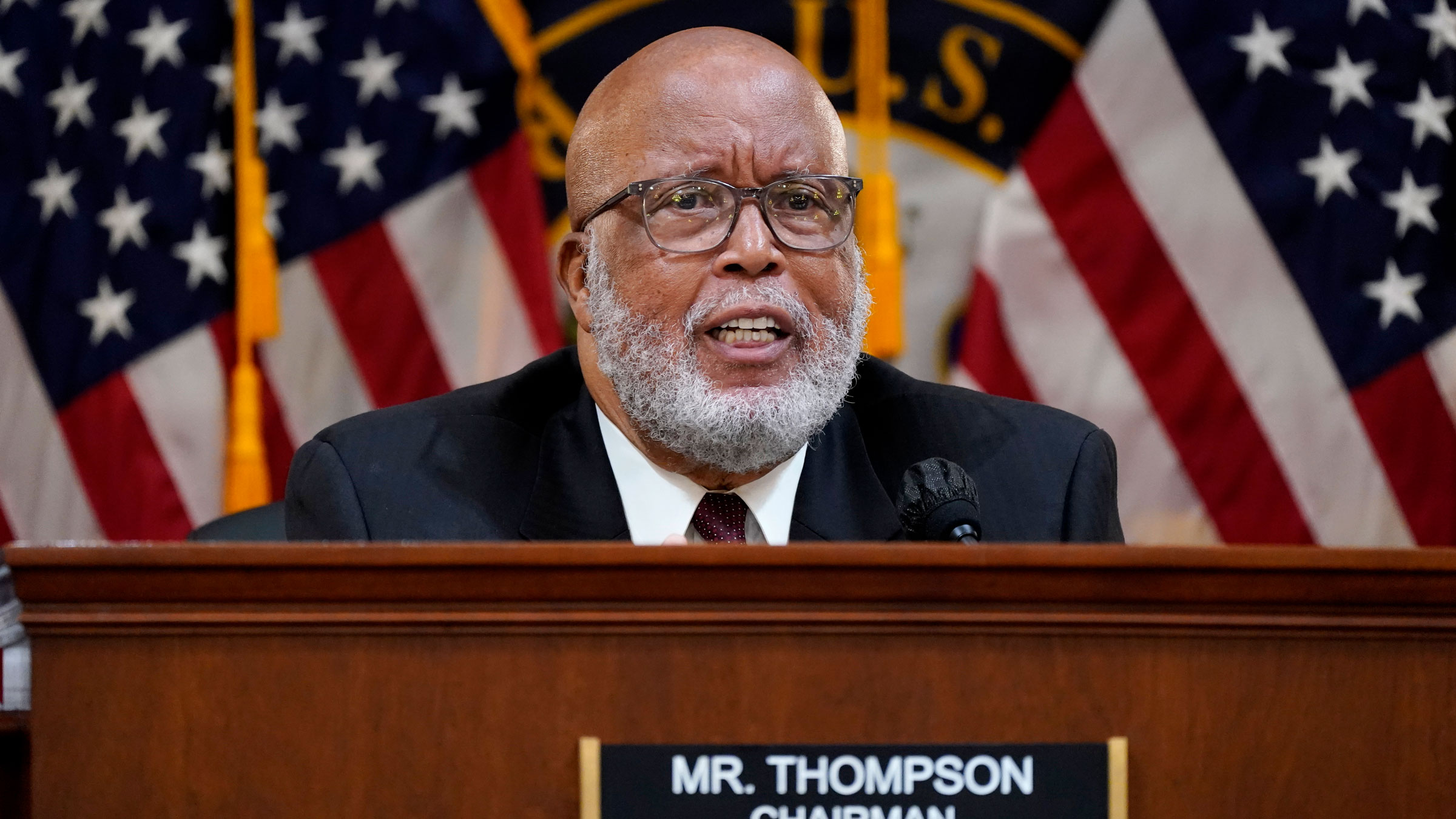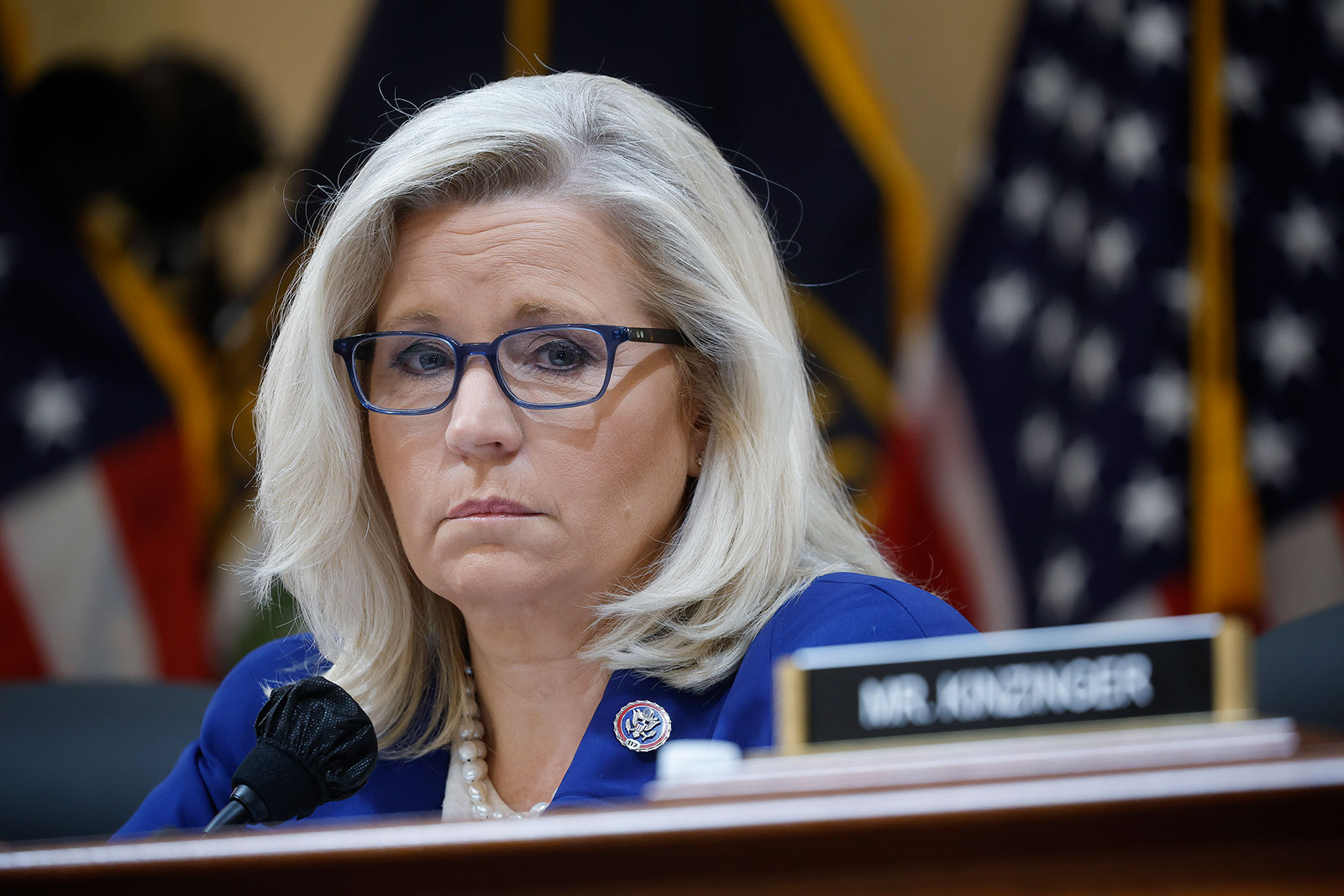Rusty Bowers, a Republican and Arizona state House speaker, testified before the committee that key Trump ally Rudy Giuliani said he had evidence of widespread voter fraud, but "never" provided it.
Bowers, who is a witness at today's hearing, described a phone call he took with former President Donald Trump and Giuliani in which Giuliani claimed to have evidence of fraud.
Bowers said he asked Giuliani "on multiple occasions" for proof of the fraud allegations.
"He said that they did have proof," Bowers said, describing the exchange. "I asked him, 'Do you have names?'" He told committee members Giuliani said that he did and would provide them to him.
But ultimately, according to Bowers, that didn't happen.
Democratic Rep. Adam Schiff asked Bowers, "Did you ever receive from him that evidence, either during the call, after the call, or to this day?"
Bowers replied simply: "Never."
The Arizona House speaker also told the committee that during another conversation with him, Giuliani said, “we've got lots of theories, we just don’t have the evidence.”
“I don't know if that was a gaffe or maybe he didn't think through what he said, but both myself and others … remembered that specifically, and afterwards, we kind of laughed about it,” he said.
Watch:
